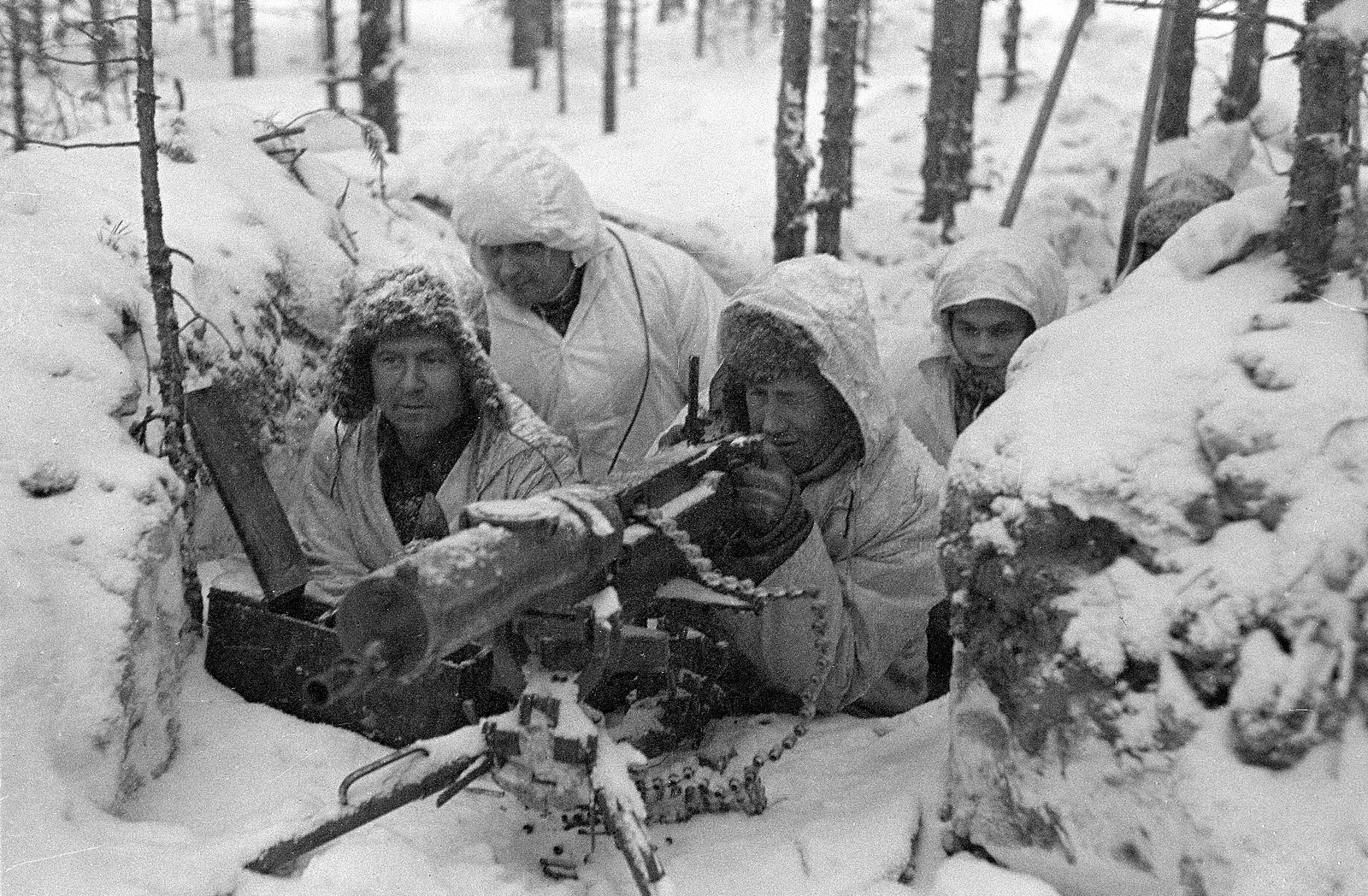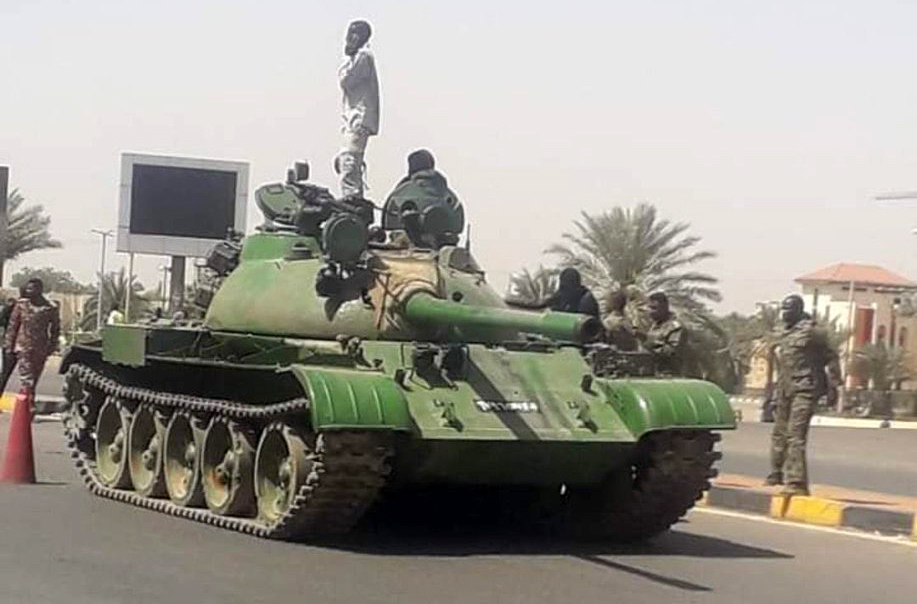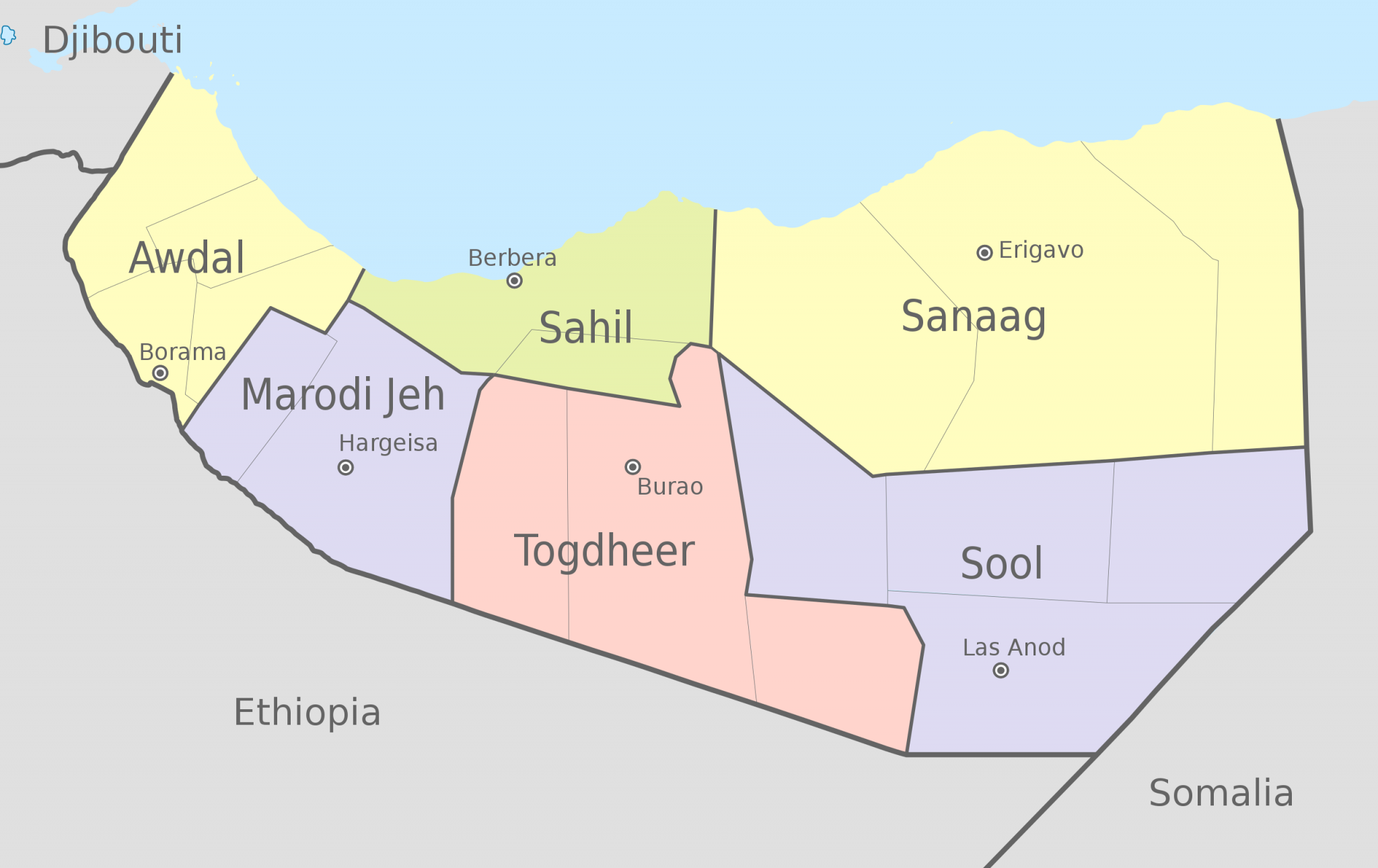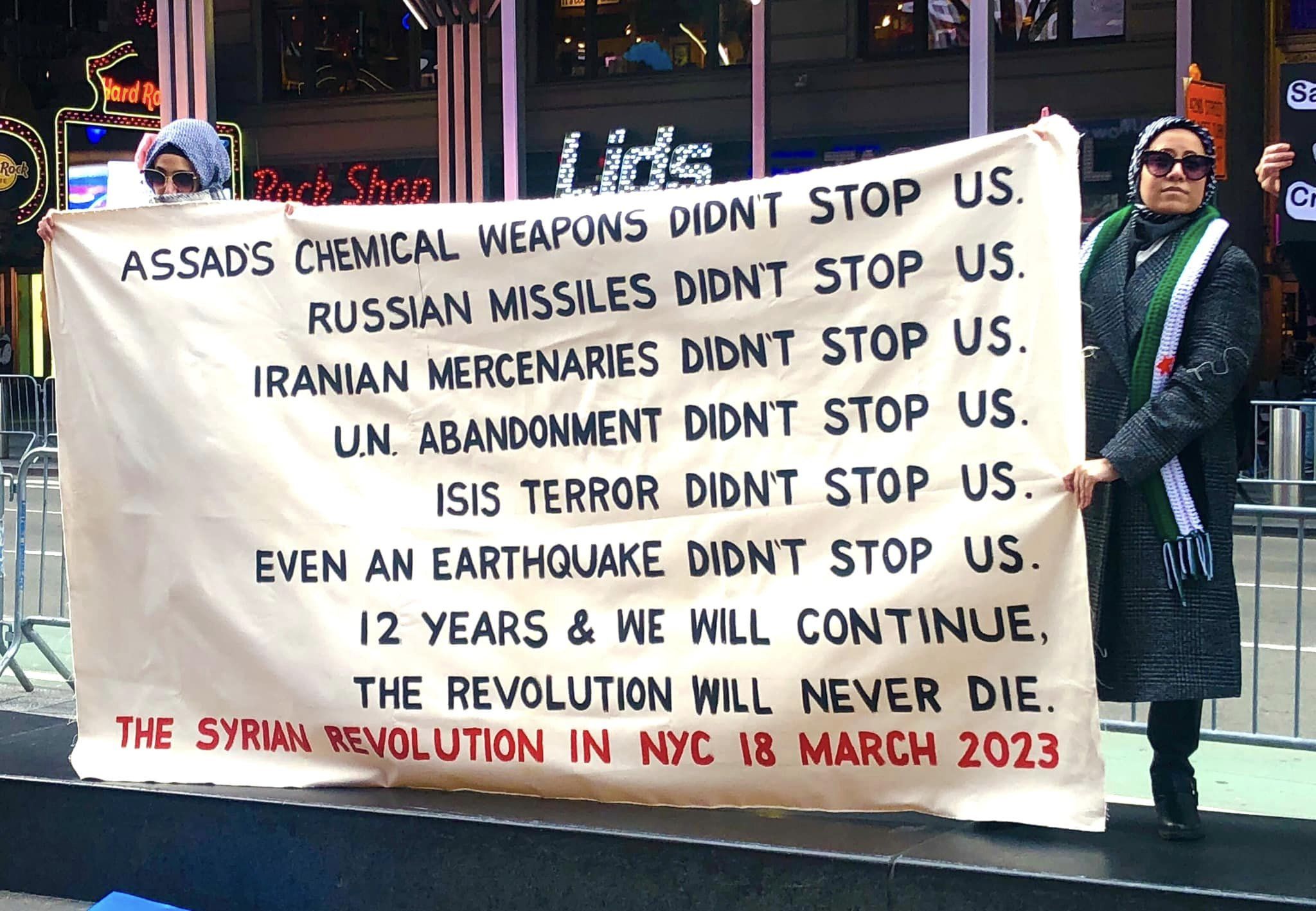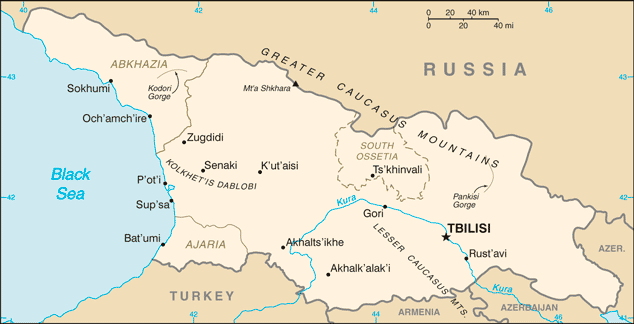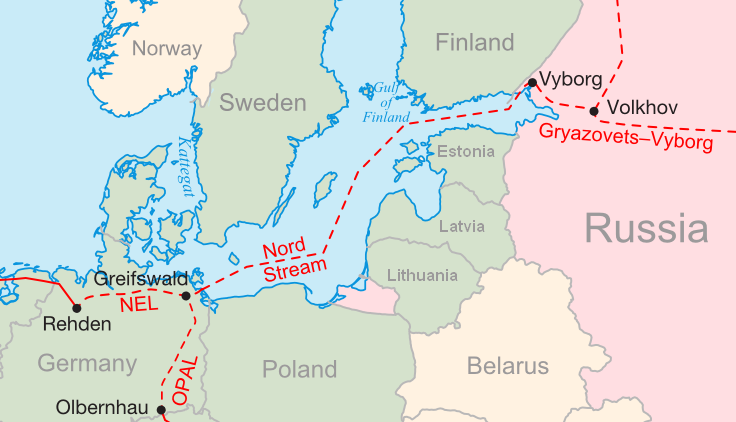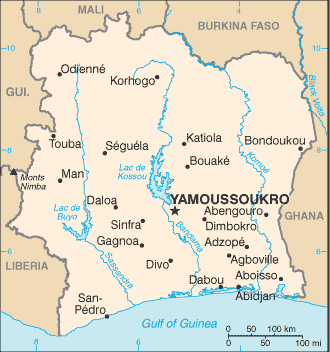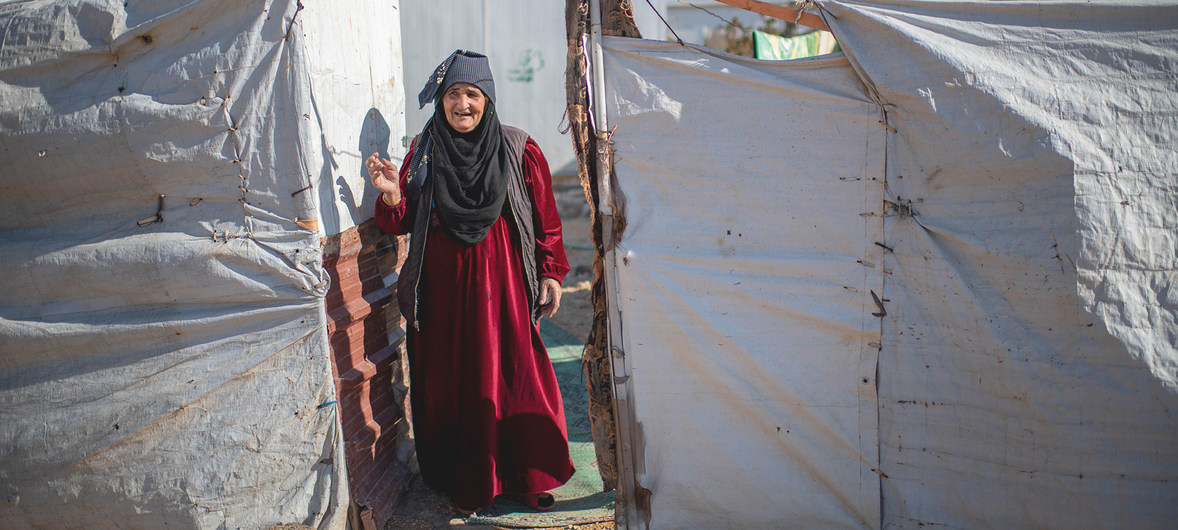
Wagner Group ‘plots’ against Chad: leaked documents
The Washington Post reports that among the classified documents leaked by Massachusetts Air National Guard member Jack Teixeira are findings from an unnamed US intelligence agency that Russia’s paramilitary Wagner Group is seeking to recruit rebels to destabilize the government of Chad. One document states that Wagner is working to establish a training camp for hundreds of fighters across the border in the Central African Republic as part of an “evolving plot to topple the Chadian government.” The documents detail a discussion in February between Wagner leader Yevgeniy Prigozhin and his associates about the timeline and logistics for training an initial group of rebels at Avakaba, CAR, close to the Chadian border. This is portrayed as part of a larger design to create a “unified ‘confederation’ of African states” in Moscow’s orbit. (Map: Wikivoyage)



